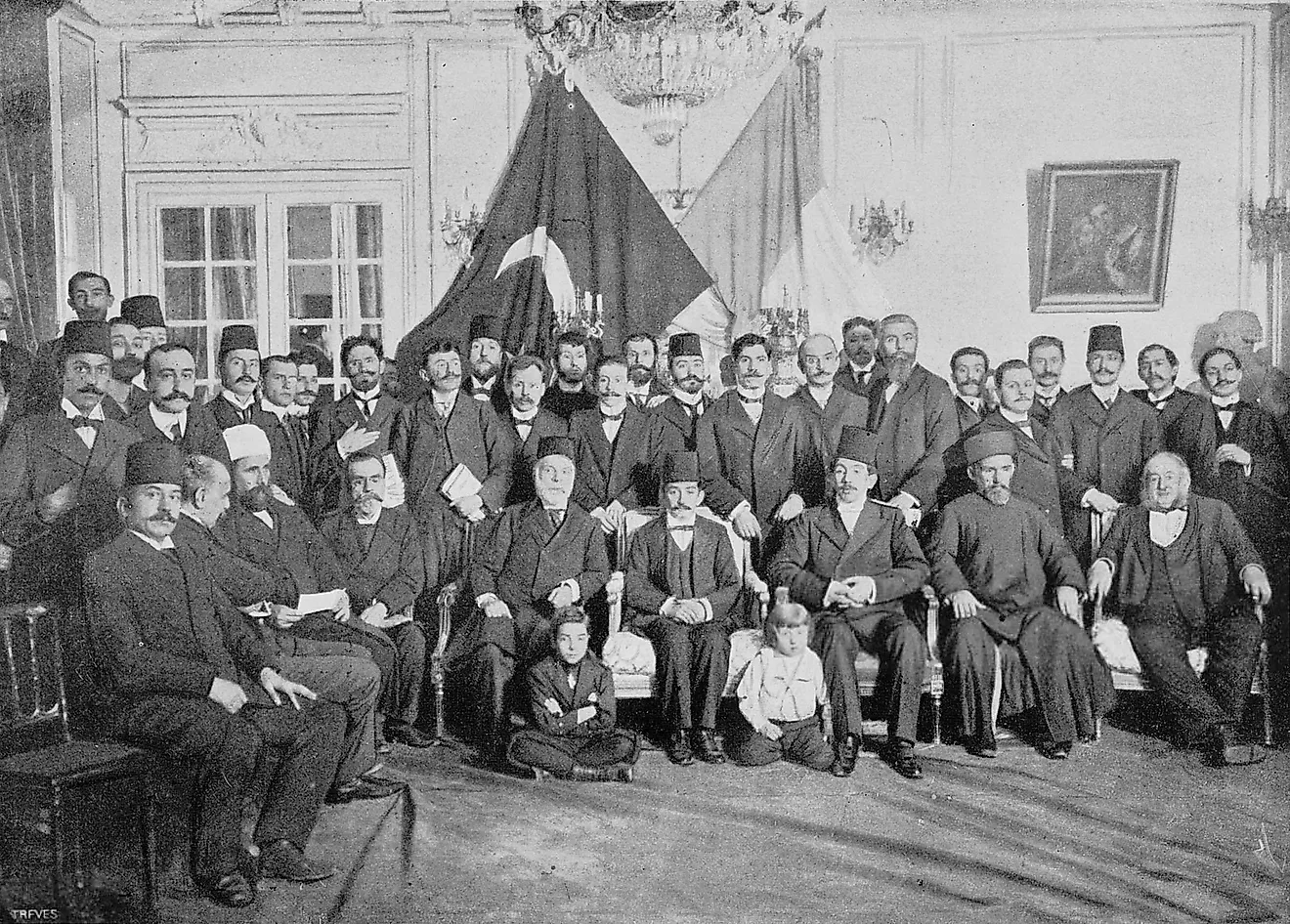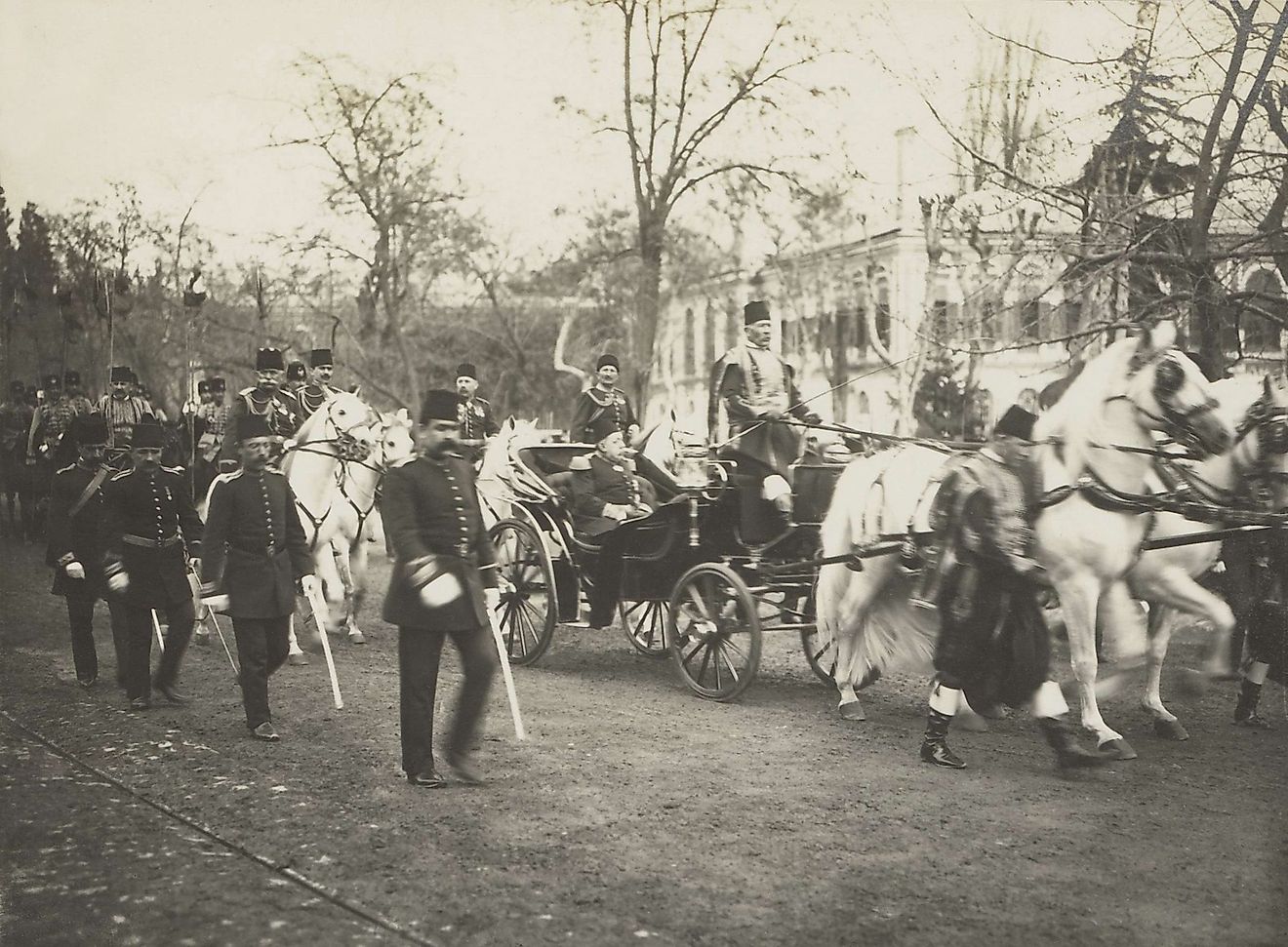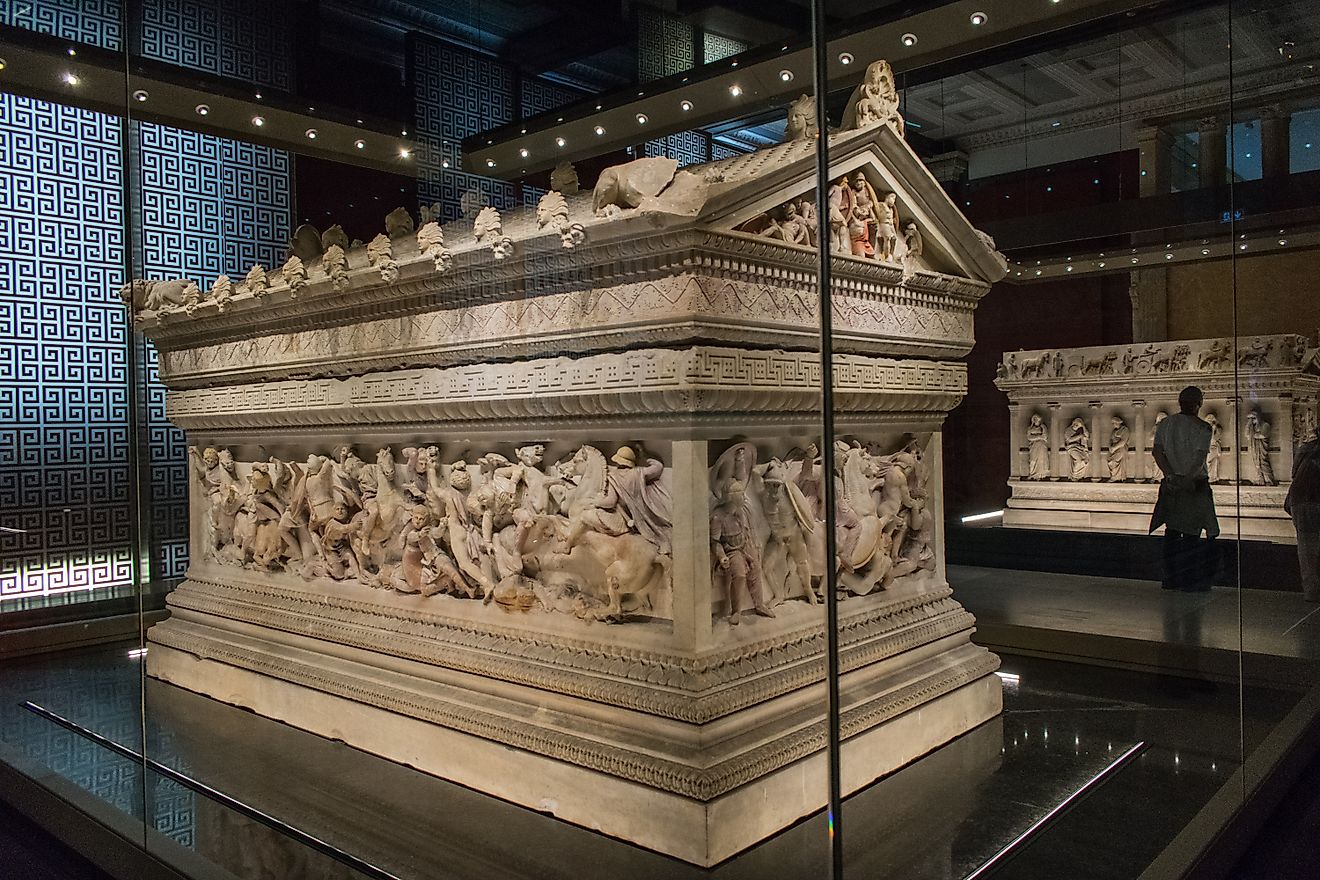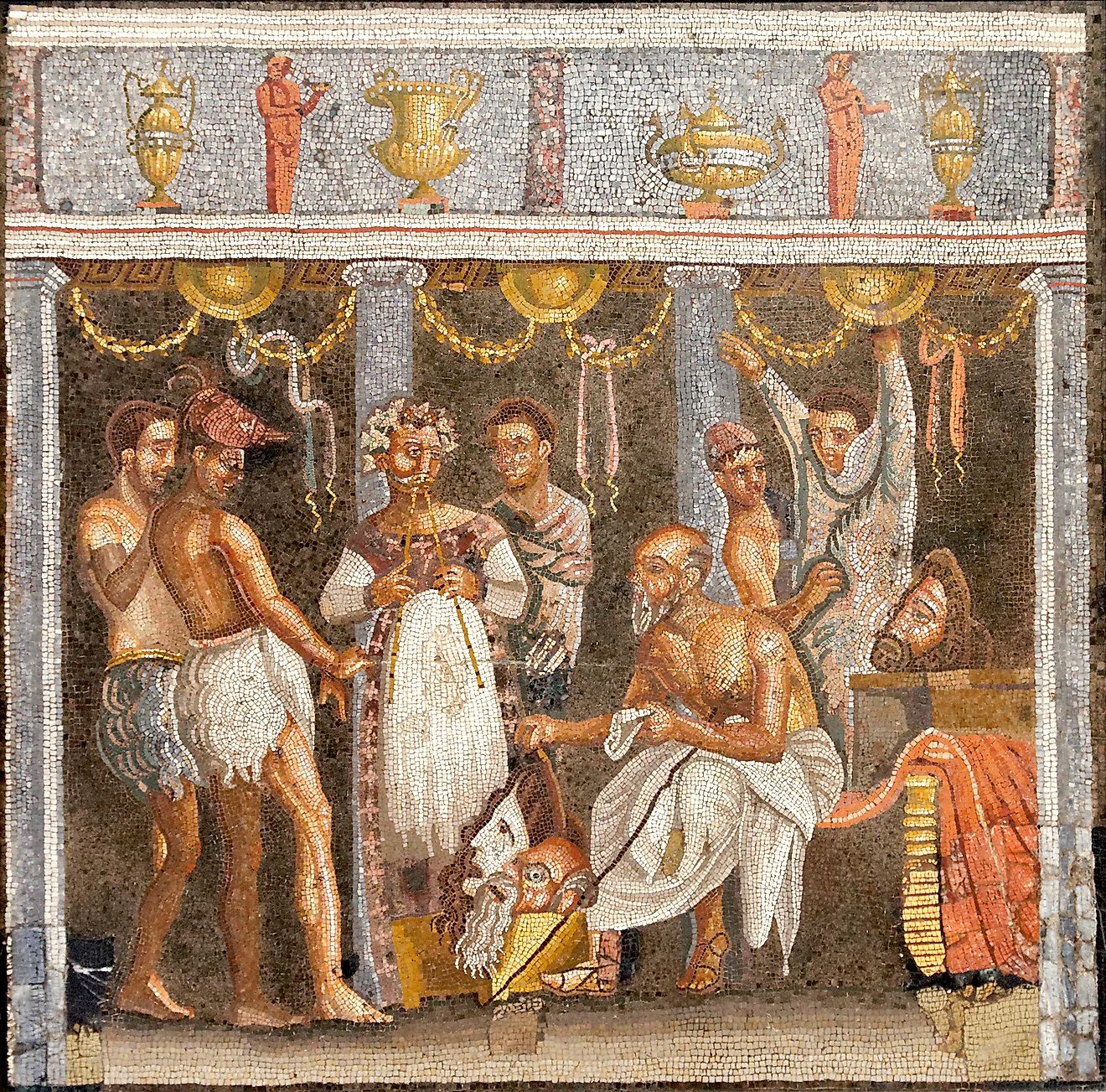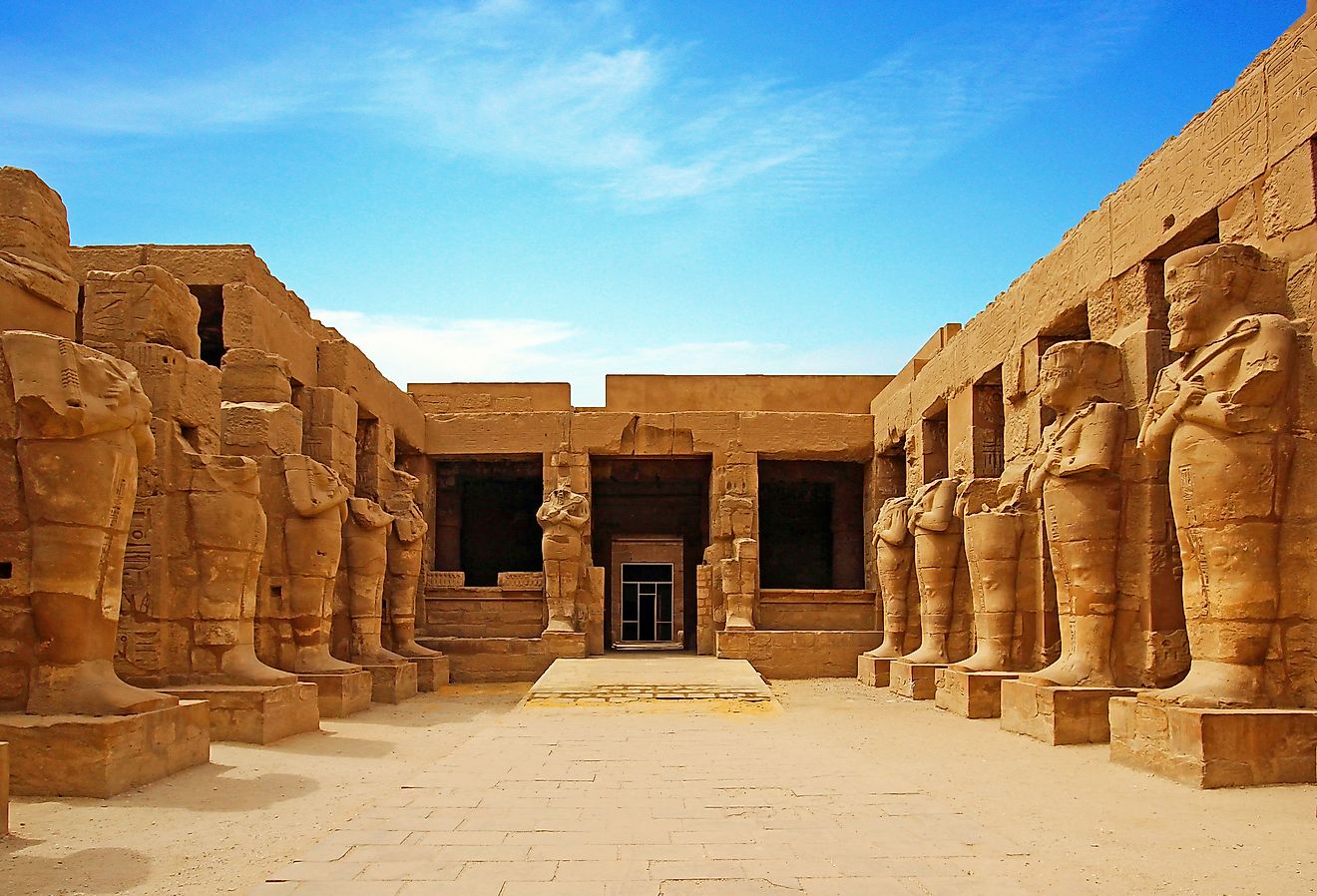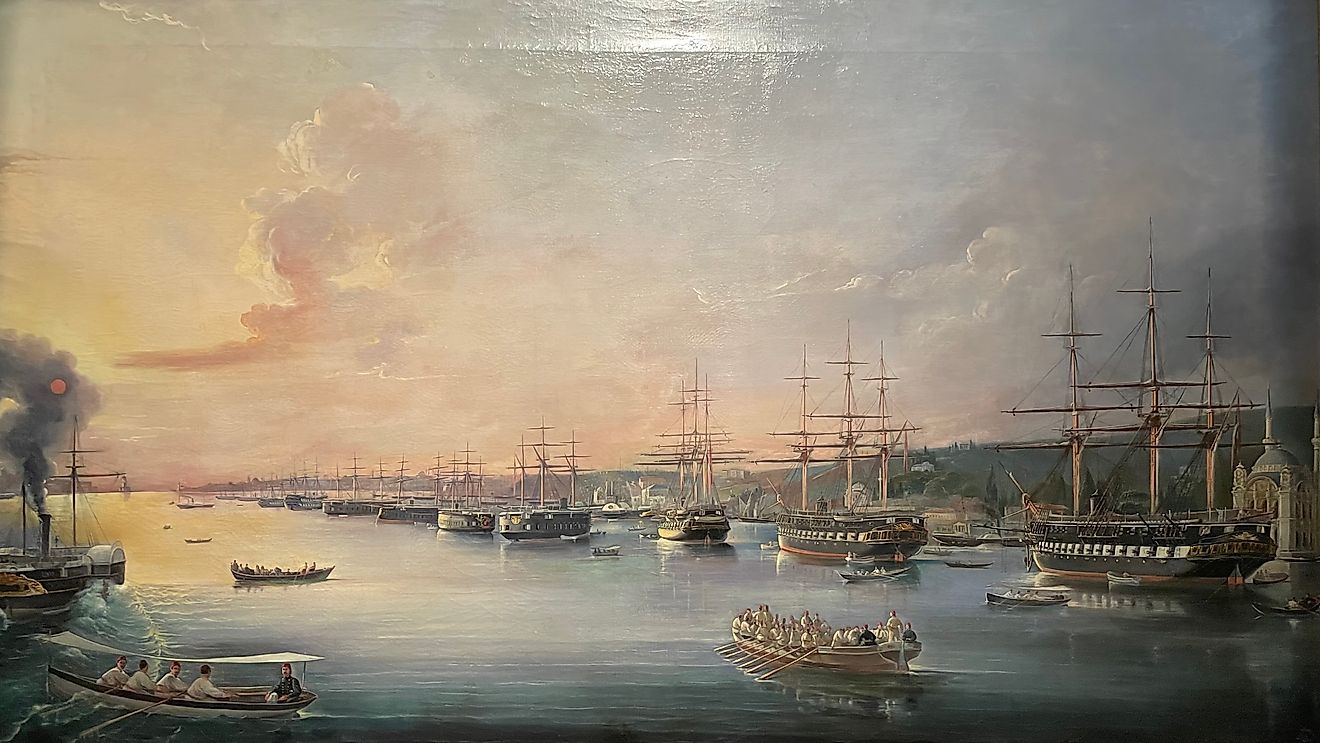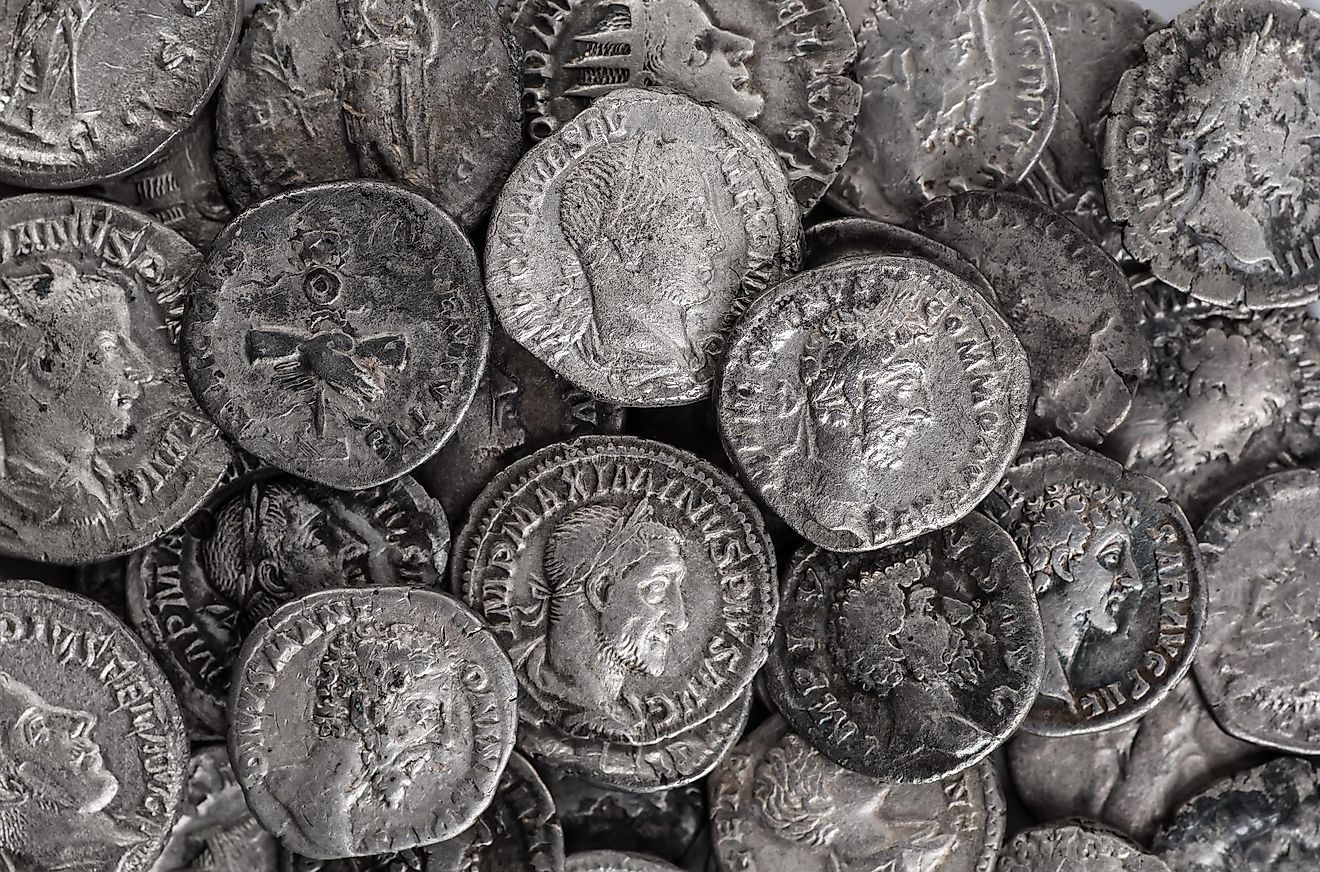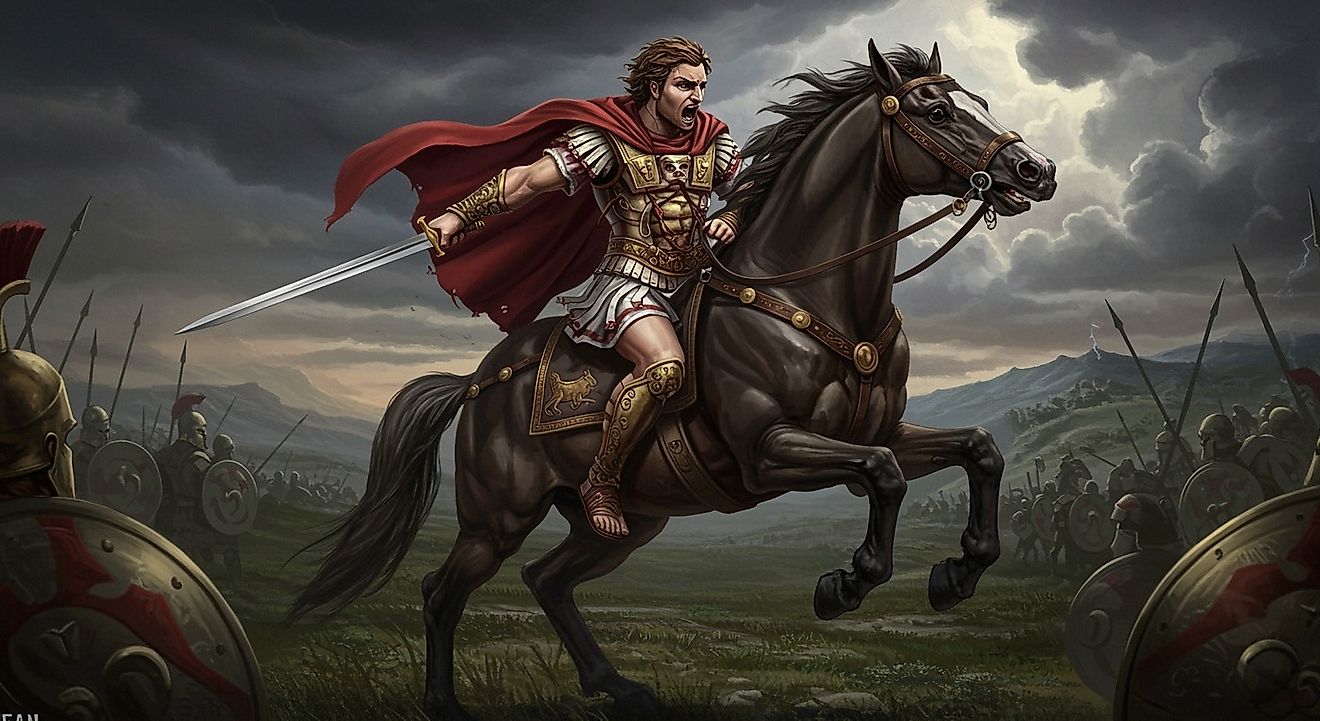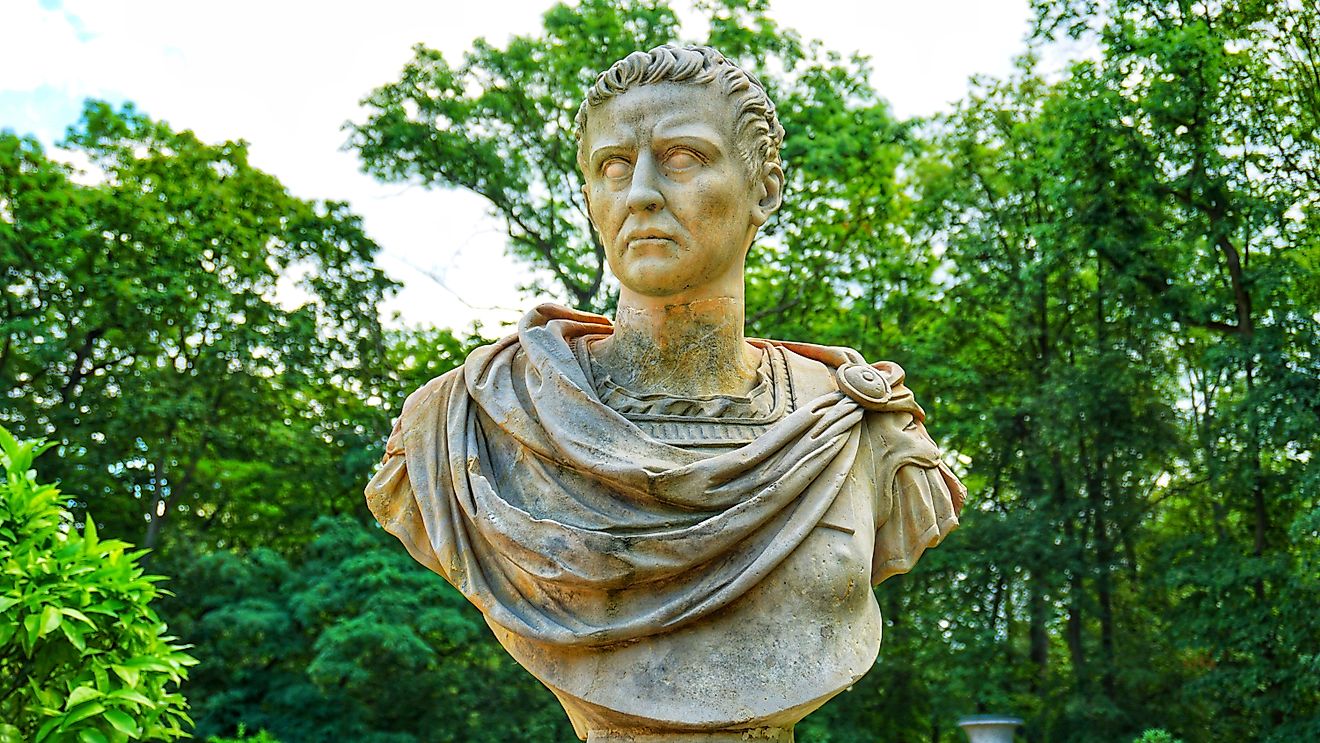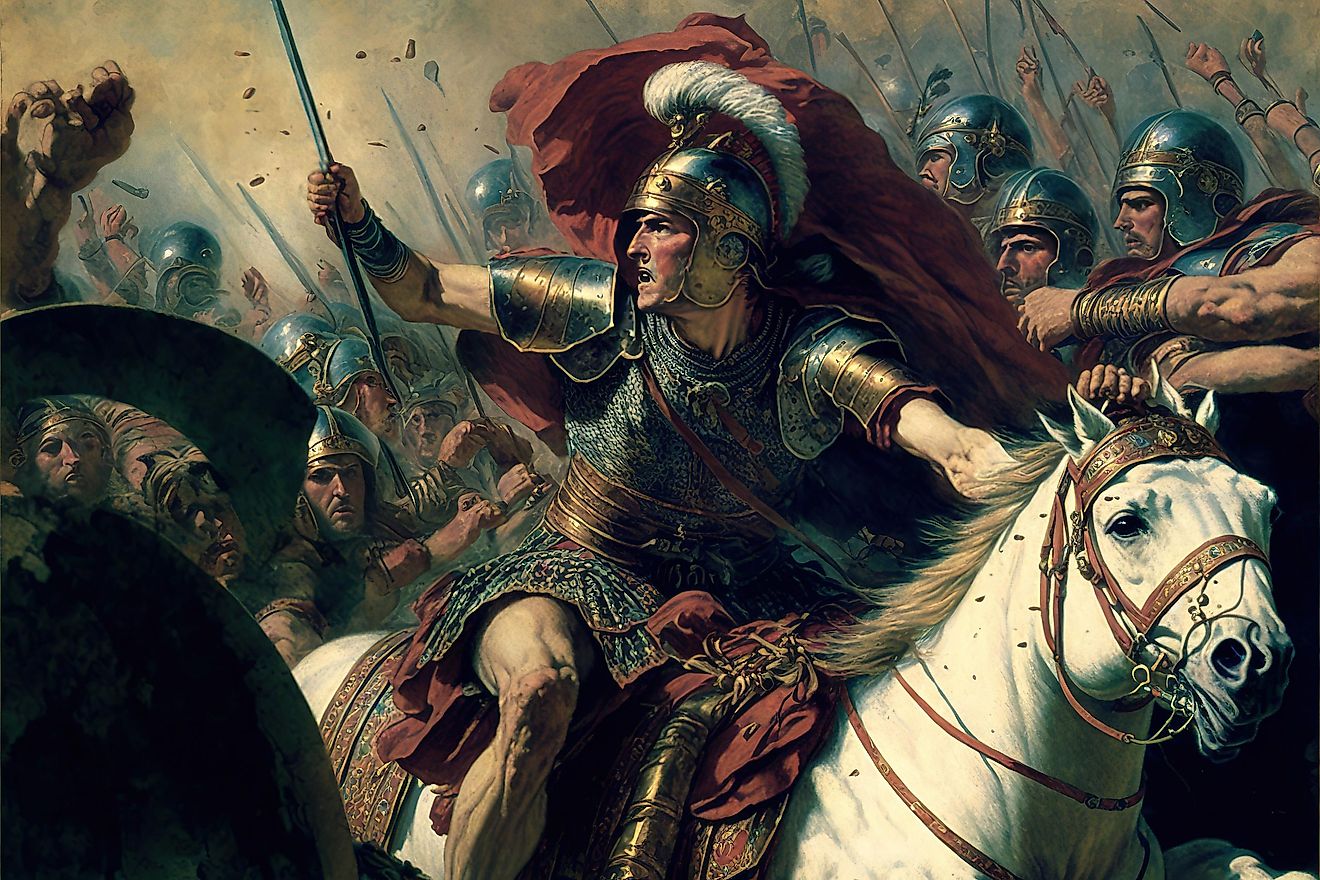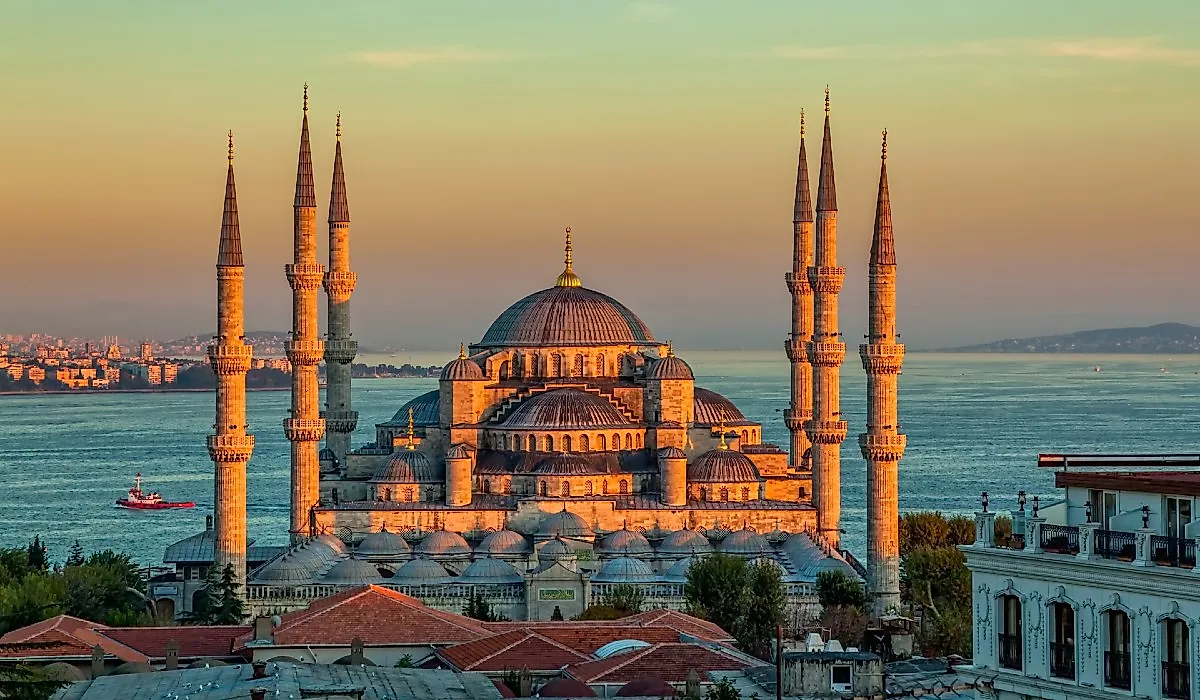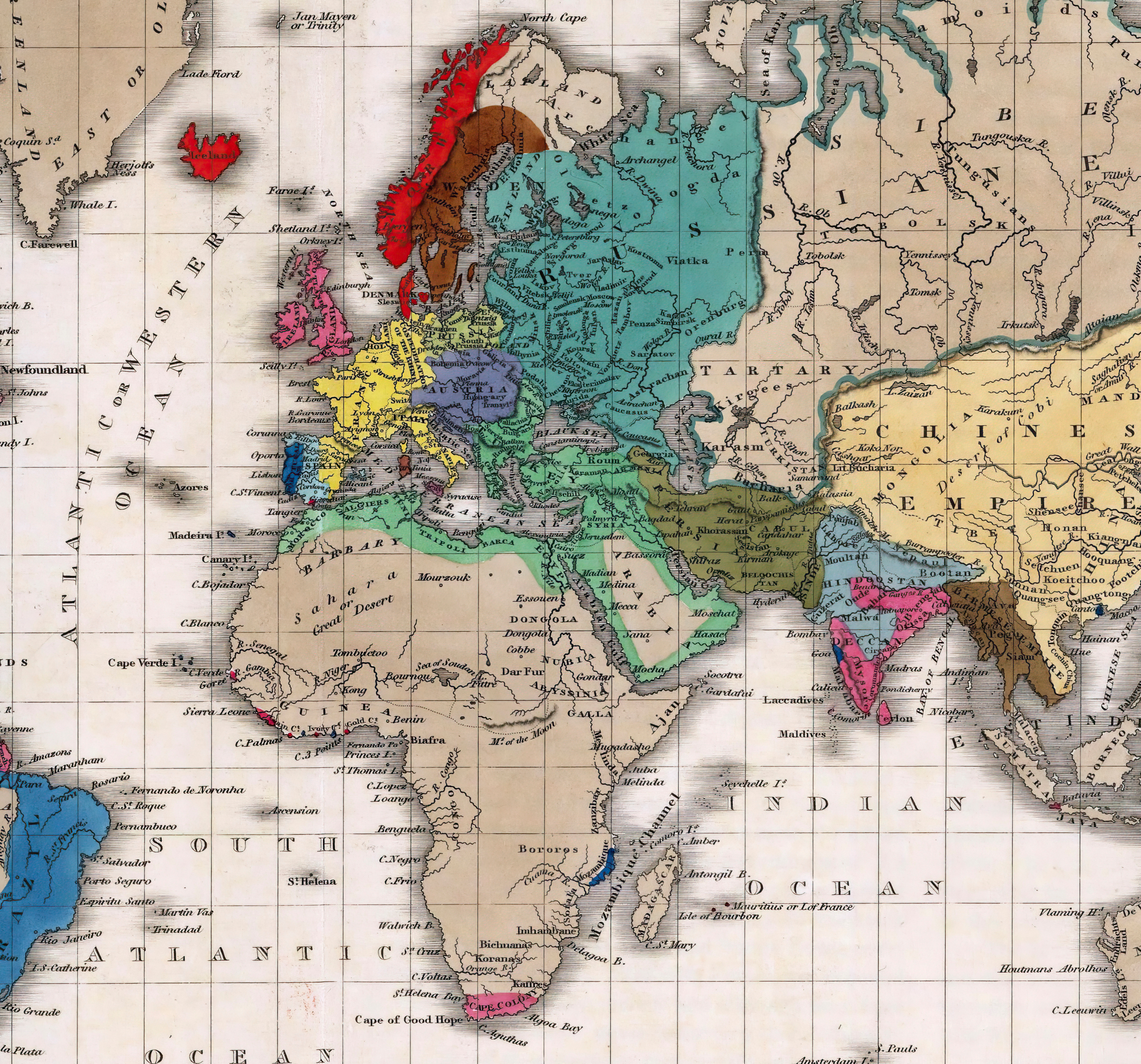
8 Reasons Why the Great European Powers Hated Napoleon's Empire
Bloodshed and glory are the paths that Napoleon Bonaparte blazed through Europe in the early 19th century. Greatness, a characteristic that is not necessarily good or evil, is often born from crushing pressures that force unique individuals to rise to the challenge. He did. In doing so, the empires of Europe declared war on Napoleon’s French Regime, and their vitriol was not entirely baseless. This new government threatened the existence of their monarchies, cost them both resources and reputation, and upset traditional order. Something had to be done about Napoleon, who was birthed out of the Reign of Terror.
1- The Revolutionary Roots Threatened Their Monarchies
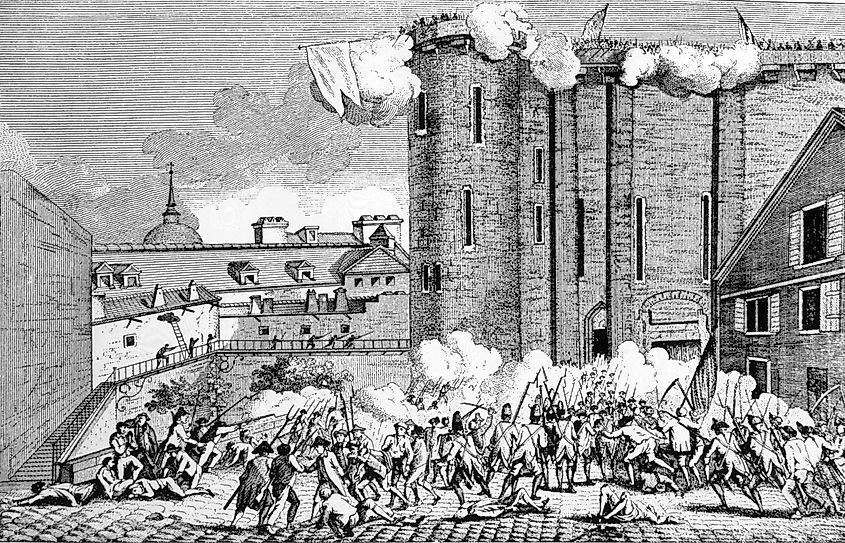
Enlightenment philosophers planted a world-changing idea causing turmoil in the minds of idealists everywhere. Concepts about the social contract, as well as John Locke’s emphasis on life, liberty, and property, stirred tension within oppressed populaces. The French Revolution followed the victorious footsteps of the American Revolution, and in both instances, a powerful monarchy was overthrown. Peasants suddenly had “rights,” and “kings” were not heroes or divine gifts; they were mere administrators who deserved no more privilege than the average citizen. The domino effect of the French Revolution, which was commandeered by Napoleon’s administration, had the potential to spark revolutions in neighboring populaces. Thus, over a decade of coalition efforts began, formed from a group of nations that were otherwise at odds with each other.
2- Napoleon Embarrassed Rivaling European Militaries
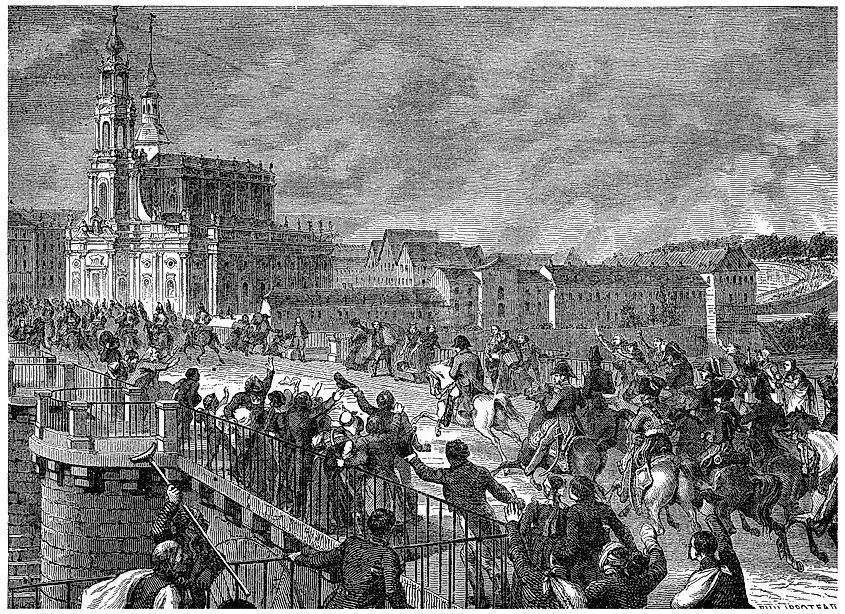
“Clever” does not begin to describe the cunning tactics that Napoleon utilized to overcome military disadvantages. The armies of Europe outnumbered France on numerous occasions, and Napoleon responded by outmaneuvering and outthinking them. His education as a youth prepared him for this, and the trust he instilled in his soldiers enabled it; often, he would put himself in harm's way in order to build loyalty. Eager to learn and adapt, Napoleon would also deploy misdirection to trick his foes. He would appear to retreat to lure them in, and he would leave decoy camps to misguide enemies about his army’s actual location. By delegating authority and coordinating positions, his legions were maneuverable and always a day away from reinforcing each other. During his career, Napoleon claimed victory in 38 out of 43 battles, easily cementing him as history’s most successful general. To put it lightly, his opponents were unlucky to be on the receiving end of his will.
3- Russia Had To Burn Down Moscow
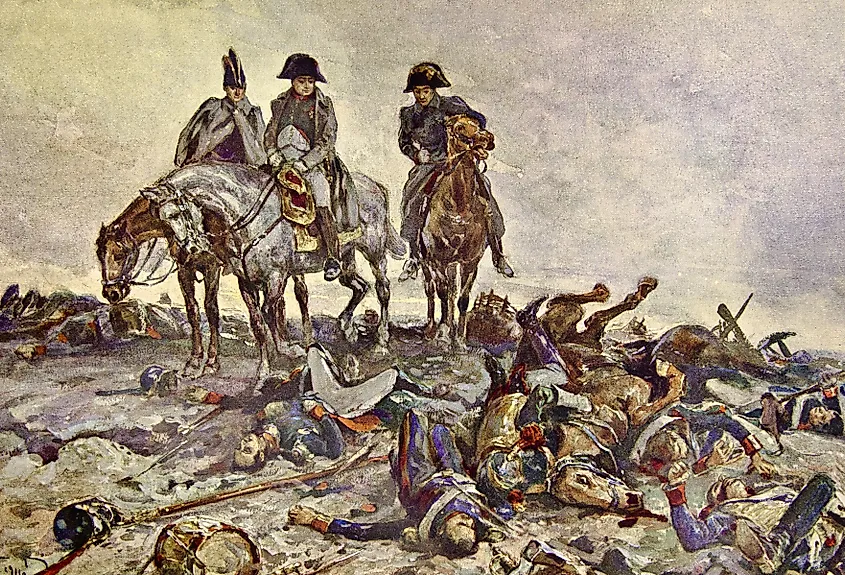
The only counter that ever proved effective against Napoleon’s tact was the disposal of traditional warfare. After pursuing the Tsar’s armies deep into Russia, Napoleon entered the burned and emptied city of Moscow in September of 1812. Tsar Alexander II had realized that toe-to-toe conflict was hopeless, so a system of staggered retreats was used to lure the Emperor into a trap. Realizing that Moscow was now surrounded by troops, the French forces were expelled from Russia in an incredibly fatal winter march. Approximately 380,000 died. Nevertheless, Moscow remained burned, and vengeance stirred in the heart of the coalitions who ultimately laid siege to Paris.
4- Napoleon Planned To Invade Britain Before They Declared War
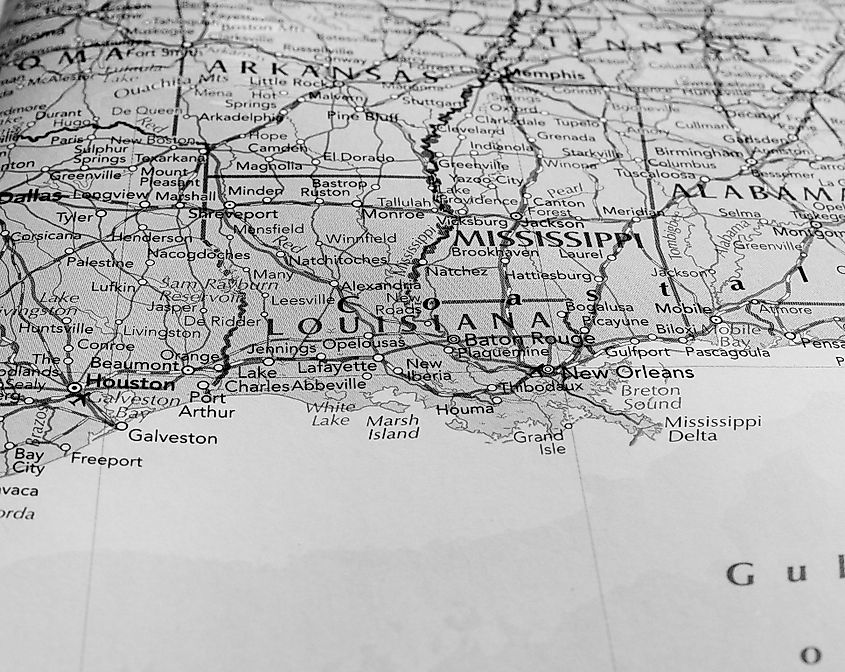
When the death knells rang, Napoleon did not cover his ears. He knew that predatory states were gathering to crush his vulnerable nation and so he began moving pieces to strike first instead. A significant factor in war is money, so Napoleon moved to liquidate irrelevant assets. By selling the Louisiana Territory to the United States on May 3rd, 1803, he mustered the funds to prepare an invasion force. His first target was Britain, an obvious opponent whose nobility was interlocked with Royalist interests. Moreover, Napoleon’s France was the “enemy of an enemy,” smoothing the path for Russia, Britain, Austria, and more, to become “friends.” By taking the initiative and claiming an early victory over Britain, he aimed to disrupt their alliance negotiations. On May 18th, Britain took the first step and declared war on France, beating him to the punch.
5- Napoleon Came Back After He Was Exiled
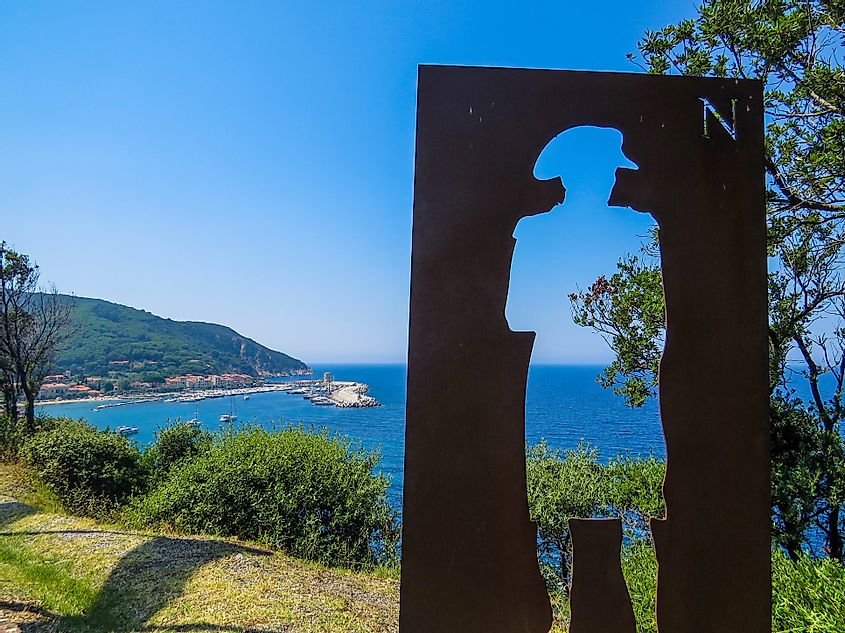
After nearly 6 million coalition soldiers had died during the Napoleonic Wars over 12 years, invading countries were at their wits' end with the Emperor of France. Finally, they cornered him in Moscow and chased him back to the French capital. This defeat began a new war of attrition in 1813, in which 29 costly battles ensued. By capturing Paris in April of 1814, the Coalition finally usurped Napoleon and exiled him to the island of Elba in the Mediterranean. Within ten months, he returned in force and retook the throne that they had worked so desperately hard to reinstate. The wars began again and lasted a duration of one hundred days until finally, he was imprisoned on the island of Saint Helena in June of 1815.
6- Napoleon caused the dissolution of the Holy Roman Empire
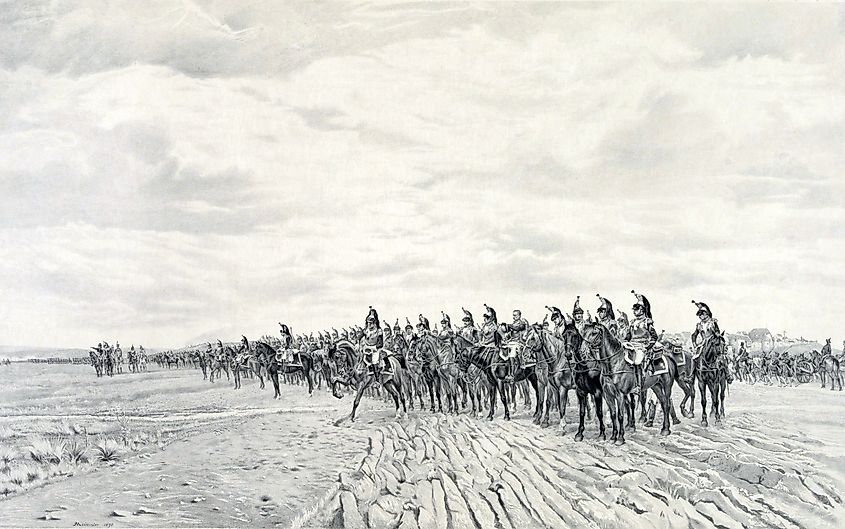
An ancient order that began with Emperor Charlemagne in 800 AD, the Holy Roman Empire was a political body consisting of monarchs and vassals. Although it had been in decline since the 13th century due to overextension, the Holy Roman Empire aimed to challenge Napoleon’s self-recognition as “Emperor.” The Battle of Austerlitz in 1805 resulted in a victory for the French over the Russian and Austrian Empires. The Austrians represented the Holy Roman Empire, and their defeat meant Napoleon had the right to claim their imperial throne. Consequently, to prevent his seizure of the title and the powerful institutions that the office would confer, the last Holy Roman Emperor, Francis II, voluntarily abdicated. This abdication was unusual in that it immediately brought about the dissolution of the state. Napoleon subsequently married Francis II's daughter, Marie Louise of Austria.
7- Napoleon cost European Nations a lot of Money
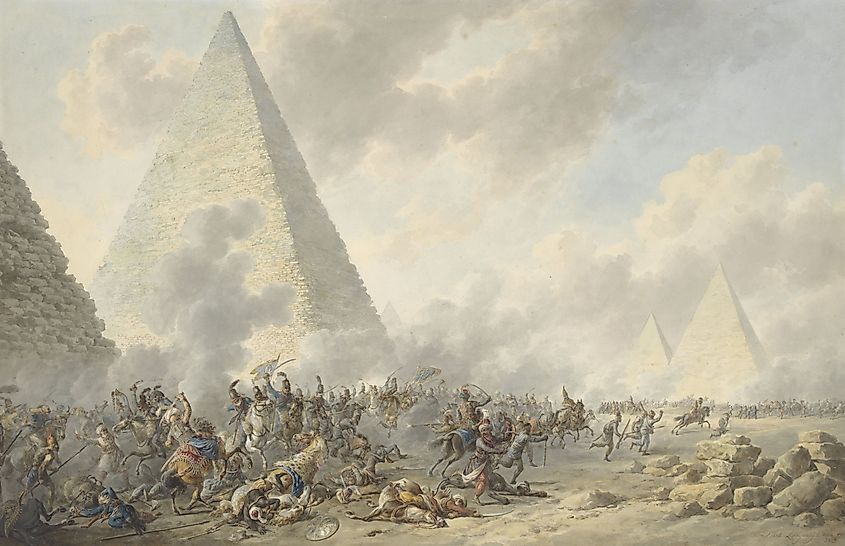
Behind the pomp and circumstance of medieval royalty, only one factor lies at the heart of these governing bodies: money. After all, the desire to control and administrate huge populations is ultimately an attempt to corral and utilize resources. Notoriously costly, extended seasons of war could bankrupt governments and throw the ruling class into uncertainty and vulnerability. One estimate suggests that the Napoleonic Wars cost Britain a whopping sum of £1,650,000,000, between 1793 and 1815. Furthermore, the toll on the general populace through inscription was extreme, with “one in four adult males in uniform by the early 19th century.” One can only imagine the satisfaction that coalition leaders felt when they finally imprisoned him after he had so directly affected their own pockets.
8- Napoleon was not heir to the throne
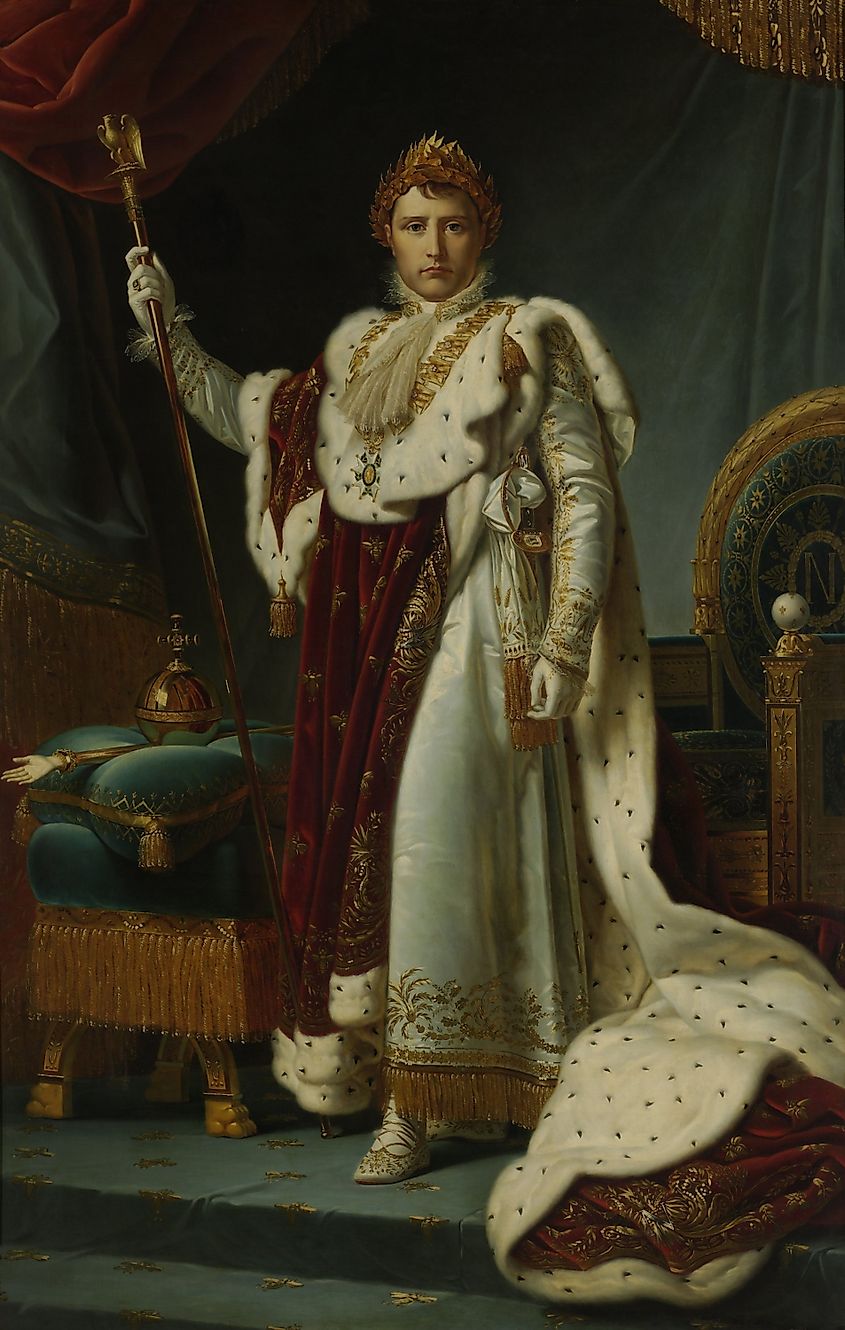
Beyond the coalition's desire to quell potential democratic rebellions, Napoleon had upset ancient precedents of heirs apparent. Countless wars and betrayals had occurred over the issue, such as William the Conqueror stealing the throne from three other contenders. Typically a legal matter decided by councils, heirs often fought to the death over the opportunity to rule. Therefore, allowing outsiders an opportunity was unthinkable. Although Bonaparte’s parents were nobility, he had no rightful claim to rule, and in fact, he was standing between the rightful French monarch, King Louis XVIII, and the throne. Furthermore, Louis XVIII had amassed powerful sympathizers in adjacent empires, all of whom actively vied to reinstate him as the King of France. Finally, he retook the throne in June of 1815.
Conclusion
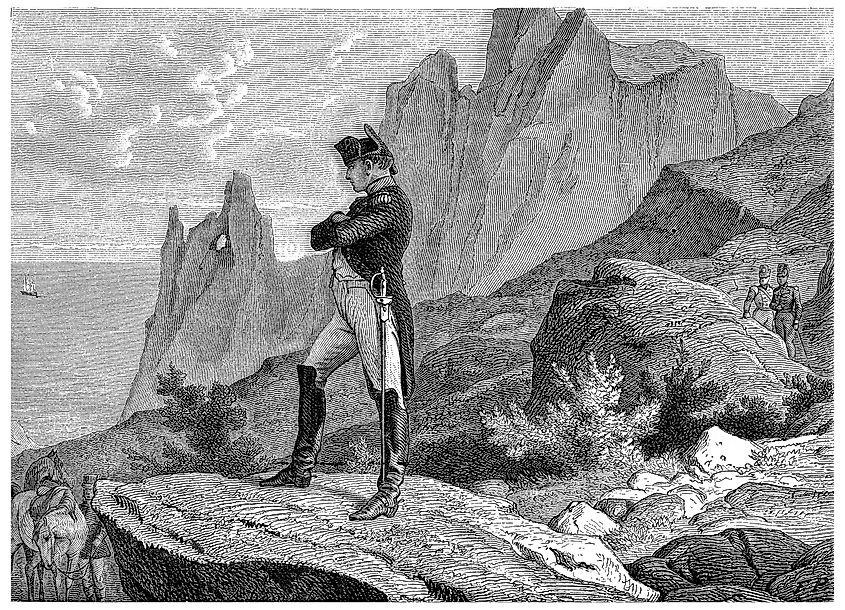
When the dust settled, Napoleon finally admitted, “Alas, I have dared only too much already.” Left utterly defeated and imprisoned on the island of Saint Helena, the momentum of his adversaries proved too great; no country can survive a united assault for endless years. Remarkably, Napoleon held power for over 15 years, ever since he committed a coup d’état against the preceding First Republic. His military losses, few and far between, suffered from his aggressive strategies that spread his forces too thin. A key lesson to be learned, for all the up-and-coming autocrats, is always to possess more allies than enemies.
